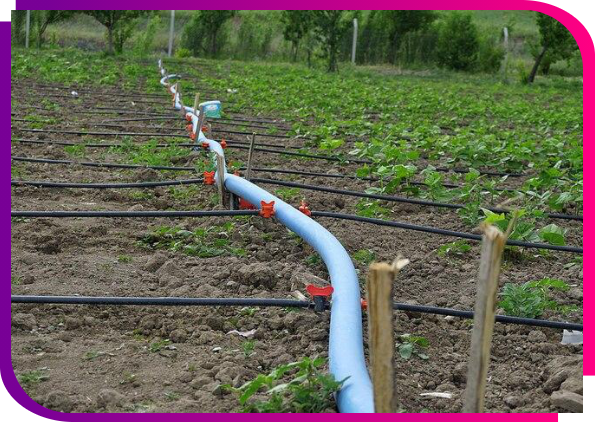
Today, there are two major challenges faced by farmers across India.
86% of them are small and marginalised farmers holding less than 2 hectares of land, which means they need to maximise the output from their farms in order to generate enough income to support and sustain a stable livelihood.
The variability in climate conditions, especially the fluctuation in annual rainfall received year on year has impacted water availability and soil conditions in most places. Over 50% of the land is still rain-fed and not irrigated.
This has directly impacted the farm output and productivity leading to an unending cycle of abysmally low income generation and poor quality of life and livelihood for the farmers. Majority of the farmers are forced to rely only on rainfall to support their farming activities. To address these interconnected problems there is an immediate need to take progressive measures to ensure proper storage and utilisation of water in the most productive manner. This measure itself can solve a number of issues in the farming sector.
We work with small and marginal farmer groups helping them adopt irrigation systems in their farms by providing them with credit support and leveraging the government subsidy available to them upon successful installation.
The impact of installing an irrigation system in the farm is that small and marginal farmers will be able to deploy practical solutions to address their water storage and usage problem. By leveraging the financial support offered by the Government, all the stakeholders of the ecosystem namely the farmers, vendors, and lenders can secure their financial concerns. With the installations in place, farmers will be able to produce multiple crops beyond the rainfall season and increase their annual farm income from the current average of Rs 30,000 per acre to over Rs 100,000 per acre annually. Increased farm profitability will improve their quality of life and change their perspective about farming as a rewarding entrepreneurial activity, beyond basic sustenance.